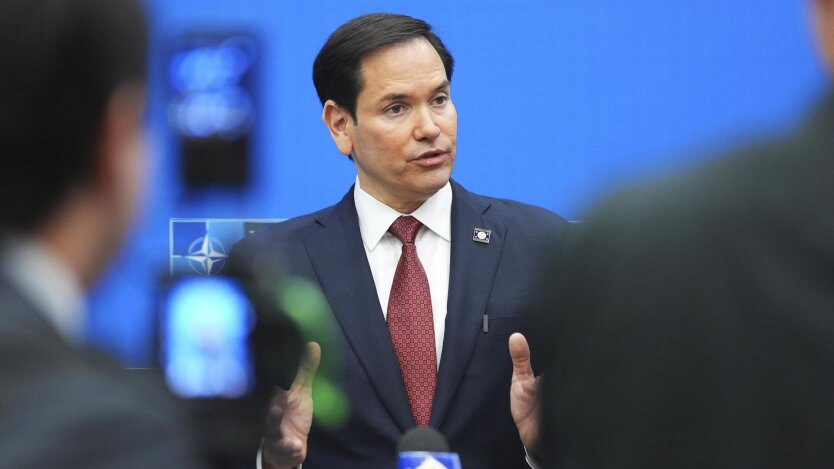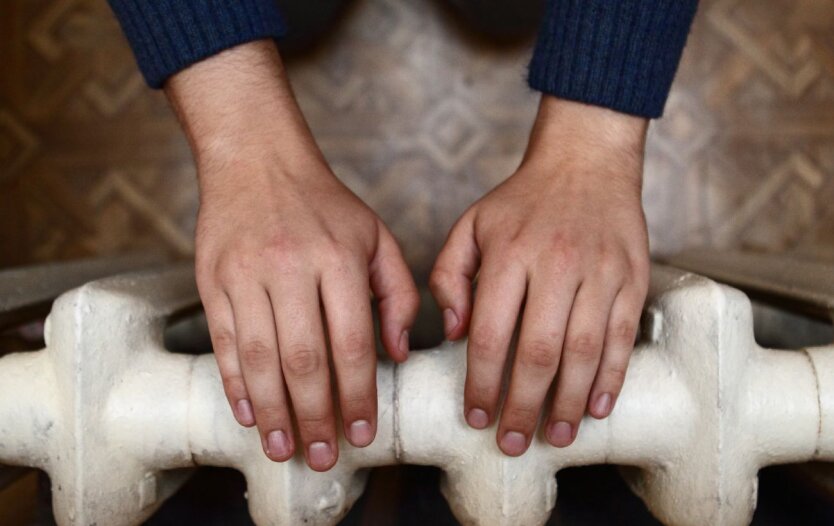Tensions in the Persian Gulf: Iran seeks indirect negotiations with the USA through Oman.


Iran refuses direct negotiations with the USA on the nuclear program
The agreement on direct negotiations between Iran and the USA regarding the nuclear program will not find support from Iran. An Iranian official stated that indirect negotiations through Oman are a more likely option to assess the seriousness of the USA regarding a political solution to Iran. Iran remains distrustful of Russia's commitment to its ally but is trying to garner more support from it.
President Donald Trump's threat of a possible military strike against Iran has caused turmoil. The already tense relations in the region have become even more strained due to wars in Gaza and Lebanon, military strikes in Yemen, and changes in leadership in Syria. Regional states surrounding the Persian Gulf are worried about a potential large-scale conflict.
Iran has warned Iraq, Kuwait, the UAE, Qatar, Turkey, and Bahrain about the consequences of any support for the USA in the event of an attack on Iran. An official confirmed that any attack from Iran 'will have serious consequences.' In response, Iran has raised the combat readiness of its forces.
Neighboring countries of Iran have not yet responded to the warning. However, Kuwait stated that it would not support aggressive actions against other countries from its territory. Russia has also expressed its outrage over Trump's threat and called for restraint.
Read also
- Ukrainians clarified the rules for traveling abroad with a reservation: the difference between vacation and business trip
- Tariffs rose by 50% over the weekend: Popenko explained who is inflating electricity prices for Ukrainians
- Call for Peace and Breakdown of Agreements: Rubio Makes Statement on Ukraine
- It became known about a secret network of prisons in the Russian Federation: what is happening to Ukrainians there
- The murderer of the wife and daughter of a Ukrainian soldier has already been found in Belgium: horrifying details
- Excessive meters and inflated tariffs: how Ukrainians overpay for heating










